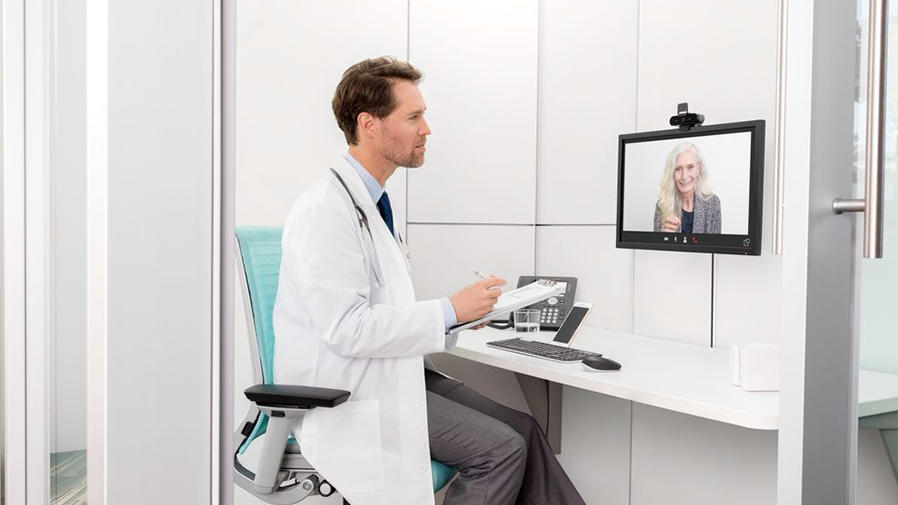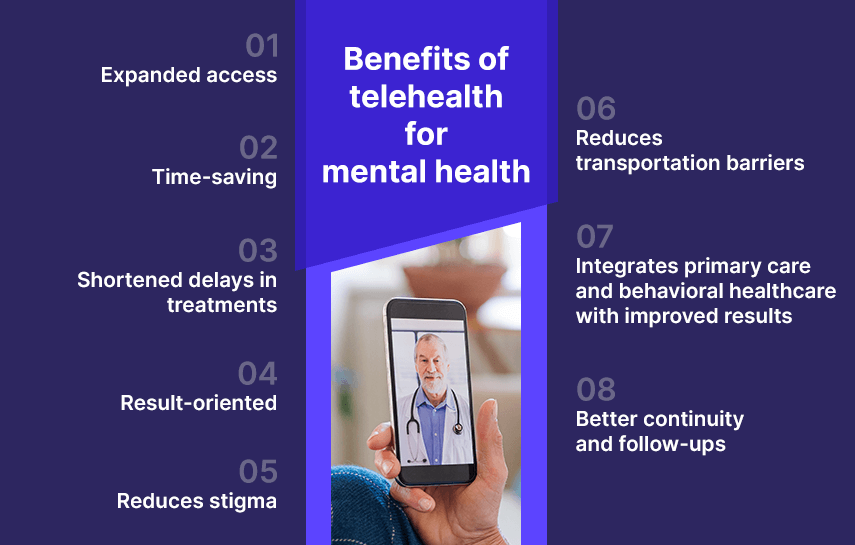The rise of telehealth technology has brought transformative changes to the healthcare landscape, especially in the realm of mental health services. By leveraging digital technologies, telehealth offers innovative solutions that enhance access to mental health care, providing numerous benefits for patients and practitioners alike. This blog explores how telehealth is improving access to mental health services, its key advantages, and its impact on mental health care.
Effective Strategies for Improving Mental Health Care
Improving mental health care is essential in today’s fast-paced world, where mental health issues like anxiety, depression, and stress are increasingly prevalent. Adopting effective strategies can help enhance the quality of mental health care services, making them more accessible, efficient, and patient-centered. One of the primary strategies is increasing access to mental health services. This involves expanding telehealth options, reducing wait times for appointments, and integrating mental health services into primary care settings..
Reducing Stigma and Encouraging Engagement
For many individuals, seeking help for mental health issues can be challenging due to stigma and social pressures. Telehealth provides a level of anonymity and privacy that can make it easier for patients to seek help. The ability to attend therapy sessions from a private space reduces the fear of judgment and can encourage more people to engage in mental health care who might otherwise avoid it.
Convenient and Flexible Care
Telehealth platforms offer flexible scheduling options that can accommodate the busy lives of patients. Unlike traditional in-person appointments, telehealth allows for sessions during non-standard hours, including evenings and weekends. This flexibility helps patients fit mental health care into their schedules without disrupting their daily routines, making it easier to prioritize their mental well-being.

Immediate Access to Care
In times of crisis or when facing acute mental health issues, immediate access to care is crucial. Telehealth provides an avenue for urgent Medtele consultations, allowing patients to connect with mental health professionals quickly. This rapid response can be vital for managing crises effectively and providing timely support to those in need.
Community Involvement in Improving Mental Health Services
Maintaining continuity of care is essential for effective mental health treatment. Telehealth facilitates regular follow-up appointments, ensuring that patients receive ongoing support and monitoring. This continuous engagement helps track progress, adjust treatment plans as needed, and provides patients with a consistent support system throughout their mental health journey.
Technology’s Role in Enhancing Mental Health Care
By leveraging technology, such as telepsychiatry and online therapy platforms, patients can receive timely support, especially in remote or underserved areas. This approach ensures that mental health care is available to more people, regardless of their geographical location or socioeconomic status. Features such as mood tracking apps and self-assessment questionnaires can provide valuable insights into a patient’s mental health status, enabling more personalized and responsive care. Centers for Disease Control and Prevention (CDC) to provide additional context on the tools and benefits of remote mental health services.
Overcoming Barriers to Access
Transportation can be a significant barrier to accessing mental health services, particularly for those living in rural or low-income areas. Telehealth eliminates the need for travel, making it easier for patients to attend appointments management and adhere to their treatment plans. This convenience is especially beneficial for individuals with mobility issues or those without reliable transportation.
Reducing Wait Times
Traditional mental health services often face long wait times for appointments, which can delay access to care and exacerbate symptoms. Telehealth helps mitigate this issue by providing quicker access to mental health professionals. Patients can often schedule appointments more rapidly and receive timely care, reducing the waiting period and improving overall treatment outcomes.
Privacy and Confidentiality
Telehealth platforms prioritize patient privacy and confidentiality by using secure communication channels. This ensures that sensitive mental health information is protected and that patients can discuss their issues without concerns about unauthorized access or breaches of confidentiality.
Personalized Care
The ability to choose from a wider range of mental health professionals through telehealth allows patients to find providers who best match their needs and preferences. Improving mental health care requires a multi-faceted approach, including access to resources, community support, and technological advancements.

